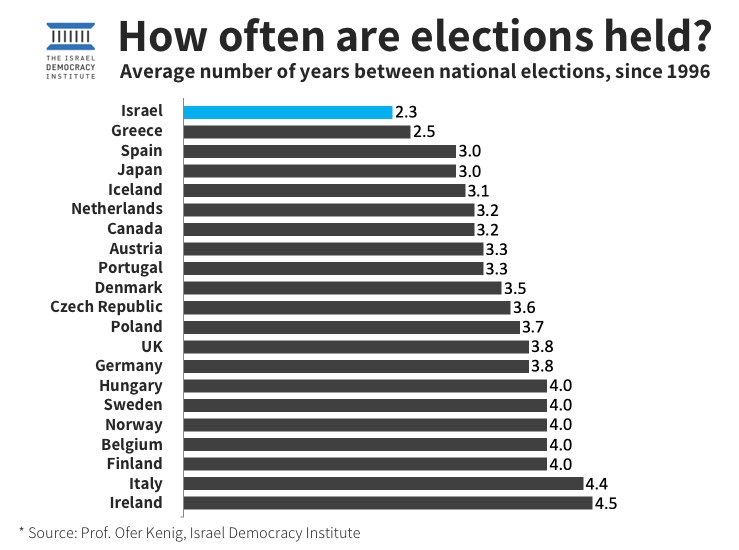 Tehran, December 24 - High-ranking officials of the Islamic Republic of Iran issued a message today to boost the confidence of the German Führer hiding in his bunker as the Red Army closed in on Berlin more than seventy-five years ago, urging the Nazi leader to view the developments of the previous two-and-a-half years positively, in that the convergence of several army groups vastly outnumbering the remaining Wehrmacht and irregular German forces on the capital of the Third Reich means that the main body of the Soviet military now lies within striking distance.
Tehran, December 24 - High-ranking officials of the Islamic Republic of Iran issued a message today to boost the confidence of the German Führer hiding in his bunker as the Red Army closed in on Berlin more than seventy-five years ago, urging the Nazi leader to view the developments of the previous two-and-a-half years positively, in that the convergence of several army groups vastly outnumbering the remaining Wehrmacht and irregular German forces on the capital of the Third Reich means that the main body of the Soviet military now lies within striking distance.
"Herr Führer, you have them right where you want them," urged Minister of Foreign Affairs Javad Zarif in a communiqué to the April 1945 Adolf Hitler in his Führerbunker. "After a series of Red Army 'victories' on the entire Eastern Front since the winter of 1943, your enemy has grown complacent, and ripe for easy defeat. You have bided your time well, lulling them into what they assume to be a routine of triumph after triumph. Soon you will bring down the hammer that crushes the enemy and energizes the citizens and soldiers of the Reich to restore the glory it has too long been denied."
"The operations at Stalingrad and Kursk were especially convincing," continued the message. "Allowing the Sixth Army to be destroyed, with the masterstroke charade of all the disagreement between you and General Paulus, to make it appear an unmitigated disaster, made all the Soviet 'maskirovka' techniques during the whole war pale by comparison. Then, to follow that up with 'losing the initiative' at Kursk must certainly have nurtured an unhealthy sense of inevitability and invincibility that subsequent Soviet advances only augmented. Now, with the enemy at the gates of Berlin, they will assume their 'final' offensive to be a cakewalk, unaware that the entire time, you, in your proven strategic and tactical brilliance, have orchestrated the entire campaign to lead to this very instant, when you sweep the rug out from under the Slavic horde at the precise moment they have been so expertly conditioned to think will belong to them, and the entire Stalinist edifice comes crashing down like the Jewish-backed Communist house of cards it is. Kudos."
The communiqué also stressed the common Aryan heritage of Hitler's "master race," noting that the term "Aryan" is the very source of the name "Iran." Zarif and the other signatories then expressed the hope that their increasingly-isolated, sanctions-plagued regime can follow a similarly dramatic path to victory as Muslim state after Muslim state joins an emerging anti-Iran coalition that even includes their onetime mutual foe Israel

 Elder of Ziyon
Elder of Ziyon





































